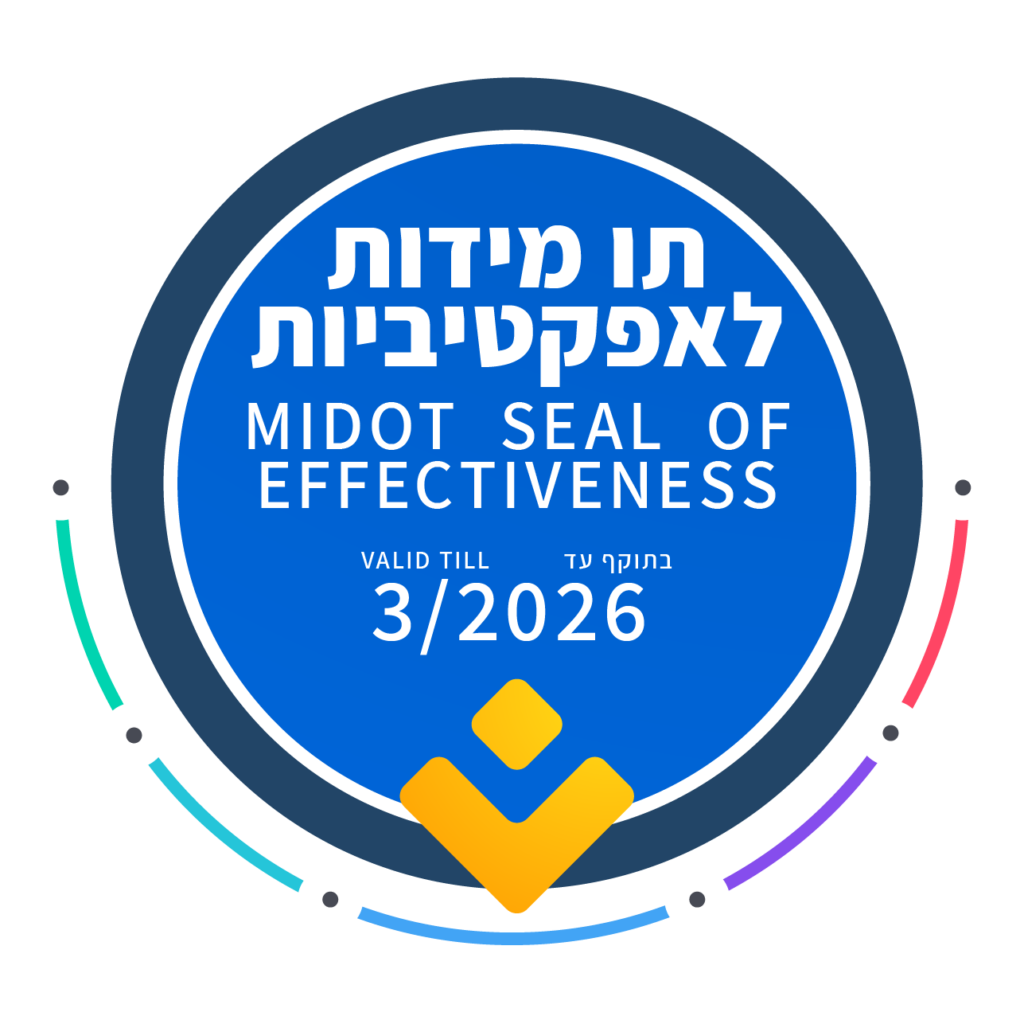Words written by Stav Kedoshim that she read at the concert commemorating one year to Operation Protective Edge at Kibbutz Kfar Aza. Stav’s father, Jimmy Kedoshim, was killed on May 9, 2008, by a mortar shell that fell in their yard in the kibbutz:
Once I was asked to stand here and talk to you I went through a very interesting journey that was accompanied by anxiety, contemplation, excitement and mainly an attempt to understand what I want to say. I decided to write as simple as possible. As real as possible. As much me as possible.
Every site on this kibbutz is full of memories and I must admit, I was very excited to hear that today’s event is taking place on the soccer field from which I observed the most beautiful sunsets over Gaza and where to this day a significant part of kibbutz life takes place.
We stood here in a row, my friends and I, and watched Gaza being bombed. This is where my friends and I planted an olive tree in a tank as a gesture of peace during the kibbutz’ traditional Bar Mitzvah year and this is where I remember my dad spending hours, taking off and landing with his paraglider. This place symbolizes the encounter between personal, private life and the life of this country and war. That’s why I am moved to stand here and talk to you.
It’s hard for me to decide how to tell you about my dad. What kind of man he was. He wasn’t a super hero and I remember him as an ordinary man. I remember how every Friday night he would answer my grandmother’s phone call with “Madame Kedoshim,” and launch a fluent conversation in French. I remember him dressing up for Friday night dinner in the kibbutz dining hall: button down shirt in pressed pants, hair combed with his black comb. Dad loved to share what he saw from the air as he was paragliding through photography. He was meticulous about just the right angle, the right light and then he would print the photos in different sizes, frame them and give them as gifts. Each such photo was accompanied by a story about a whole day paragliding somewhere in the world.
All these are a drop in the sea of my memories, but when I try to recount what happened that day, I find that the words are no longer mine. I remember words that were said. I remember the booms and the sound of explosions. I remember Dad working in the yard and asking Mom to put the trash can back and then an explosion. Suddenly, my dad was gone. And that’s when everything changed. That was the force of that explosion, the only thing that could take from us something that was larger than life.
My dad could breathe life into anything: any story, any conversation, any paraglide. He had love that many people experienced and sensed. He always used to say that when you love someone, you have to make sure they know it. That love should be shared. He had joy, he was in his prime, he lived life to the fullest, he built himself up on his own. He loved the kibbutz so much; the community was a big part of his life. He cared and he got to see the kibbutz and its members evolve over many years. Even after Dad was killed, the community showed its strength in its true participation in the pain and loss. Dad’s death was heartbreaking to all. I believe that as long as this place exists, as long as this community exists, Dad will not be forgotten. To me he is still a mentor for life.
The way my brothers and I were raised, we were taught to look beyond ourselves, to see into the distance, to see the other person, to be friends, to be there for someone. Unconditionally. Even when it’s hard, we must see our strengths and see what we can give.
One of the things that has stayed with me, as I think of what to say, is something that is a bit hard to explain. But after something like this happens, you are forced to choose to live this life. To live it differently, to emphasize what matters, to give room to life, not death, not to kill something within.
For a long time after I lost my dad, I searched for something but I didn’t know what. It wasn’t revenge or blame. Perhaps I was seeking the wider context of my father’s death, which was a political death, after all, he was killed by a bomb that someone fired with the intent and hope to kill. I found that context in the forum of Israeli-Palestinian Bereaved Families for Peace where I met, heard, made known and found. I found a belonging, a closeness, a partnership. An encounter of broken hearts full of hope. Once I opened up and let something real come in, once I met a face, a story, a language, I had to renounce my anger and distance. Loss is private, but the pain is all of ours. And that a fence cannot separate.
I don’t know if it’s contradicting or perhaps obvious, but we are simply living our lives. With the bereavement, the coping with the security situation, the proximity to Gaza and the aspiration for peace based on life, based on discourse and the encounter with people, I really believe a change will come.


